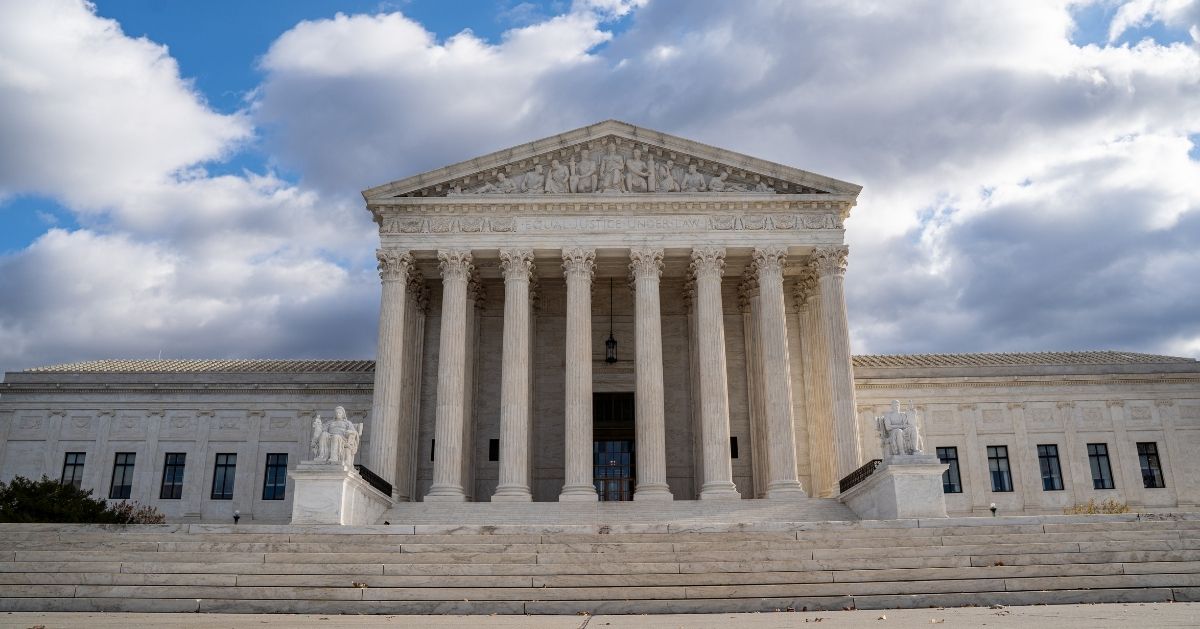On August 15, the FDA first alerted consumers to potential arsenic contamination in apple juice sold under Walmart's Great Value brand, prompting an immediate recall of 9,500 cases. This recall was an alarming development for both consumers and retailers alike, raising concerns about the quality and safety controls in place.
The recall expansion announced on August 26 by the FDA came after further testing revealed that more batches of the apple juice exceeded the permissible arsenic levels. Produced by Florida-based Refresco Beverages Inc., these additional batches increased the recall's scope to more than 14 times the original volume.
Inorganic Arsenic: A Toxic Threat in Consumer Products
Arsenic, particularly its inorganic form, is known for its toxicity and potential to cause cancer, as identified by the World Health Organization. The FDA monitors arsenic levels in consumables, setting a strict limit of 10 parts per billion for apple juice. The contaminated juice tested at 13.2 parts per billion, surpassing this federal limit and posing a potential health risk to consumers.
Retailers affected by this recall include not only Walmart but also Walgreens, Aldi, Weis, Market Basket, BJ's, Dollar General, Lidl US, and Brooklyn Fare. This wide distribution has raised the stakes, necessitating a swift response to remove the affected products from shelves and prevent any adverse health effects from consumer exposure.
No illnesses linked to the recalled products have been reported yet. However, the FDA has classified the health risks from the initially recalled batch of apple juice as a Class II threat. This classification implies that the exposure could lead to temporary or medically reversible health issues, rather than long-term consequences.
Recall Chronology: Understanding the Timeline
Understanding the timeline of events can help consumers recognize the scale and seriousness of the recall. The detected arsenic was initially found in a smaller sample of apple juice during routine checks conducted by the FDA, leading to the first recall notice on August 15.
The FDA's subsequent tests on additional juice samples resulted in the expanded recall announced on August 26. The potential for widespread distribution of the contaminated juice prompted the agency to promptly notify the public and recommend disposal or return of the affected products.
While the arsenic levels noted fall only slightly above the FDA's threshold, the implications for public health require stringent measures and vigilance in monitoring and controlling such contaminants.
Broadening Scope: Additional Stores and States Involved
The 26 states affected by the recall span much of the U.S., illustrating the broad distribution network of Refresco Beverages Inc. and the potential for significant consumer exposure to the contaminated apple juice. The inclusion of regions like Washington DC and Puerto Rico further highlights the complexity of managing a recall of this scale.
Consumer safety watchdogs have applauded the FDA's prompt action but have called for increased regularity and thoroughness in testing products susceptible to contamination. They argue that proactive measures are crucial to safeguard public health against risks posed by toxins like arsenic in food and drink products.
The FDA remains vigilant in its surveillance and continues to update the public as more information becomes available. On the manufacturing end, Refresco Beverages Inc. has pledged full cooperation with federal health authorities to address the contamination and prevent future occurrences.
Consumer Response and Retailer Adjustments in the Wake of Recall
On the consumer front, the increased awareness about arsenic in apple juice has led to heightened concerns and scrutiny regarding the origins and safety standards of food and beverage products. Social media and consumer forums have buzzed with discussions and appeals for more transparent labeling practices and stricter safety standards.
Retailers, facing the logistical challenge of pulling thousands of cases of apple juice off the shelves, have initiated refund and exchange policies to accommodate the recall. They are also reviewing their stocking and distribution protocols to better manage such crises in the future.
For now, health officials advise consumers to check their purchases against recall notices and return any implicated products to the place of purchase for a refund or proper disposal.

